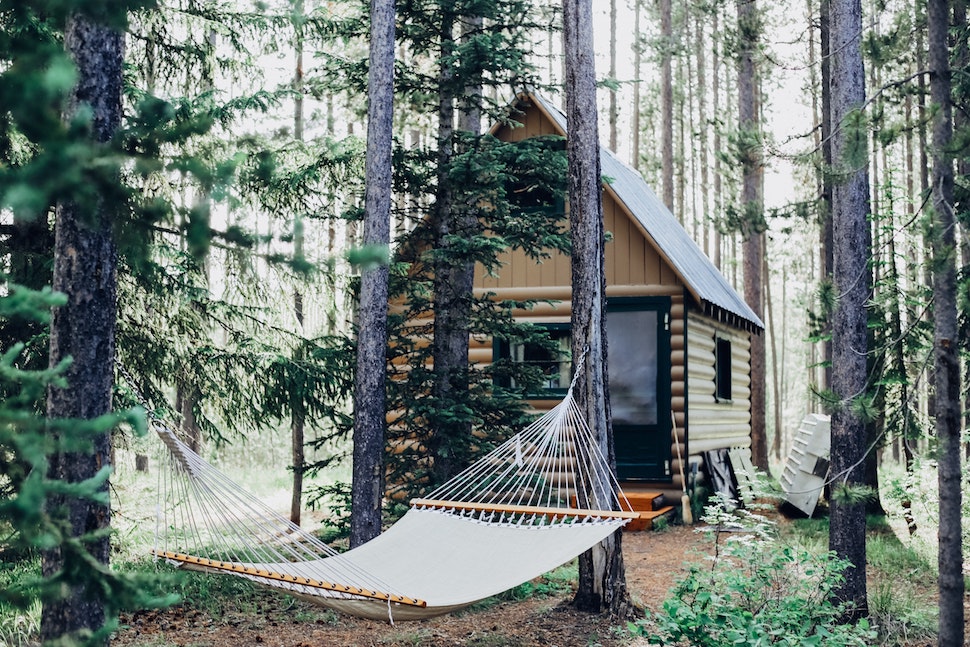
Retreats have been an honorable American tradition since Henry David Thoreau went off to Walden Pond. “I love Nature partly because she is not man, but a retreat from him,” wrote Thoreau.
By the time I was growing up in New England, it was well understood that poetry and art, as well as nature, were part of spiritual questing. I attended my first retreat as a pre-teen, along with my family, through our Unitarian church. Off we went for a weekend in the woods of Vermont, where my father would teach a jazz workshop and my mother a painting workshop. Retreat-goers of all ages enjoyed the fresh air and the camaraderie, shared values and a communal kitchen, and learned new ways to be and to see.
A good retreat teaches (or refines) the skills you need to be a better person, to live a better life. A good retreat offers physical, emotional, and spiritual nourishment in a safe environment with trusted teachers. It offers camaraderie or silence, depending on what you seek. It offers a chance to reconnect with nature, or with yourself. Nowadays, a retreat can be building a straw bale house, a stone wall, or a permaculture garden.
Retreats offer a chance for voluntary solitude as opposed to pandemic-induced solitude.
Especially during this time of isolation, there is a need to shed anxiety, to take a break from screens. Retreats offer a chance for voluntary solitude as opposed to pandemic-induced solitude. In today’s world, it has become increasingly important to take good care of ourselves, so we in turn can take good care of others (and our planet). In my many moons of writing about wellbeing, I’ve never witnessed such a hunger for what we now call self-care—both inside and out.
So, if you feel ready for a retreat, there’s a good reason why. Take the time to quietly sit with yourself and make a list. What are you yearning for? Is there something specific you are going through that needs guidance? What do you need to work on? How much time do you want to, or can you, dedicate to a retreat? What do you hope to gain by attending? What is your realistic budget?
3 Things to Look For
The Setting
Think about what kind of an environment makes you feel safe. Going to a place without cell service, phone, or internet can be liberating—or just anxiety-making. What’s it for you? Do you prefer a women-only or men-only retreat? Do you need a single room or cabin? How flexible are you willing to be—that’s the edge. You may be much happier with much less than you think. Or not. How open can you be? Maybe you need more TLC than Spartan.
The Activities
A good retreat is most often a well-marked path. You should know where you’re going and what you’re getting into. That may mean that nothing is happening at all—but you should know that in advance.
The Intentions
Most retreats come out of some sort of personal passion—does that passion resonate? There are retreats founded by billionaires, there are retreats founded by penniless monks—and everything in between!
3 Red Flags
The retreat business is an extremely competitive and growing market. Sadly, pretty much anyone can create any kind of a “retreat” and gladly take your money. Here are some red flags to watch out for.
Fishy Founders
If you’re not familiar with the founder or teachers, do your homework! Make sure the leader (and teachers) of the retreat are the real deal. Do they have the qualifications needed to be leading the retreat? The rules and expectations of the retreat should be clear and readily available and not subject to the whims of a potential nut case.
Lack of Planning
Look for well-planned itineraries and detailed agendas. Is there an easy-to-navigate website and a telephone number with a live voice at the other end? A good retreat may not be easy to reach immediately, staffs are often small and take their own retreating seriously. That said, a good retreat should feel accessible and welcoming.
Extreme Experiences
No one should have ever been cooked in a plastic-tarped sweat lodge—as occurred in James Arthur Ray’s infamous Sedona retreat. But crazy things still happen in the name of self-improvement. Don’t check your good sense at the door. If something doesn’t feel right, don’t do it.
“Life itself becomes one long retreat, if you are open to seeing it that way,” Jon Kabat-Zinn shared with me during an interview a few years back. “I love looking at life that way, whatever unfolds is the ‘curriculum’ of the retreat, and the challenge always is: How are you going to be wise in relationship with whatever arises, be that wanted or unwanted?”
Mary Bemis
Mary Bemis is Founder & Editorial Director of InsidersGuidetoSpas.com. An advocate for all things spa, Mary forged a vocabulary for spa reportage that is widely used by those who cover the issues today. Recently honored as a Top 30 Influential Voice Transforming Wellness by Medika Life, Mary is an inaugural honoree of Folio’s Top Women in Media Award. Her spa media roots run deep—in 1997, she launched American Spa magazine, in 2007, she co-founded Organic Spa magazine, and in between serving on the ISPA and NYSPA Board of Directors, she was on the launch teams of Luxury SpaFinder and New Beauty magazines. Named a "Wonder Woman of Wellness" by American Spa magazine, Mary was honored by the International Spa Association with the distinguished ISPA Dedicated Contributor Award. She is a special advisor to the non-profit Global Wellness Day.
- Web |
- More Posts(89)